I’m pleased to welcome Rachelle Ayala to speak on Hope and her books. Be sure to check out her blog, she hosts many guest posts herself.
Hope and the Happy Ending, by Rachelle Ayala
“Things are bound to get better.” “Tomorrow is another day.” “Hope for the best.”
These hopeful sayings are meant to comfort, but many times they ring hollow. How does the speaker know things will get better? Is it not entirely possible that tomorrow’s calamities are worse than today’s? And how does hoping for the best ensure that outcome? Hope can be a useless emotion, much like self-delusion and denial.
How does one hope in front of a child’s grave? Or when a son or daughter does not come home from war? What about the husband whose wife has terminal cancer, and the children whose parents have died? Will hope really give them a happy ending?
Whether real life deals a happy ending or not, a writer can always weave hope into a story to motivate the characters. No matter how dark the situation, the character must keep striving toward his goal. This is especially true when the villain or antagonist is in full control. Does the hero give up and lose, or does he scramble to fight another day, maintaining the belief that he will prevail? Hope is the state of mind that keeps the story moving forward.
Hope plays a big role my own life, as well as those of my characters. It may sound naïve to actually believe that things will turn around, that love will prevail at the end, or that better days are ahead. In fact, I am pretty cynical and feel like kicking people who say such things when they have no idea or way to control the outcome.
Recently, I was at the funeral of a young mother who was gunned down at her place of work. She left behind a four-year-old son. People walked around saying, “She’s in a better place. She’s happy now.” And I wanted to punch them. Would she really be happy that her son will grow up without a mother? That her parents are devastated? That her husband is left alone? I suppose if she were selfish, she would be. After all, her problems are over and she is sitting in bliss with the saints in Heaven.
It doesn’t really matter if she’s happy or not. I assume she is. Or that everything had been explained to her and she’s accepting of the situation. What matters are those who are left behind, those who loved her and those who depended on her. How do they go on without hope? What’s the alternative?
Fortunately for us writers, we get to write the endings. With a tapping of the keyboard, we can infuse hope into our stories and give our readers the emotional experience of gaining a happy ending amidst the darkest, most desperate setting. Our characters struggle through problems of epic proportion, devastation most of us will never experience, and rise above their grief and heartache to live happily ever after.
Perhaps no other character in history has suffered as much as the Michal, or fallen as far as she has from a pampered princess to an abandoned wife of her father’s enemy, the future King David. Michal suffered every loss imaginable to a woman: the loss of her first love, her children, her second husband, her lover, and ultimately her freedom in the quest to regain David’s love. No indignity was too much for her, whether guiding Bathsheba to the tabernacle to atone for her sins, or caring for Solomon during the escape from Jerusalem. Michal’s motivation was her love for David and her hope that David would one day be hers alone.
Hope drives our character to move forward one step at a time, to overcome adversity and
fight that final battle. And whether the ending is truly happy or not, without a measure of hope, it is meaningless and empty. That thin thread of hope laced from start to finish gives even the most tragic story a satisfying ending. That’s why in movies where all have died and the land devastated, we pan in on a tiny sprout of green and we breathe easy, because we know all is not lost. The sprouting seedling signifies hope.
Hope not only keeps a story moving, but keeps life moving. Even when things are the most bleak, hope is better than the alternative. We must believe things will get better, or we cannot move forward. So what do I say to a friend who is grieving?
“He who has hope, has everything.” Arabic proverb.
Author Bio:
Rachelle Ayala was a software engineer until she discovered storytelling works better in fiction than real code. She has over thirty years of writing experience and has always lived in a multi-cultural environment.
Rachelle is an active member of online critique group, Critique Circle, and a volunteer for the World Literary Cafe. She is a very happy woman and lives in California with her husband. She has three children and has taught violin and made mountain dulcimers.
Visit her at: http://www.rachelleayala.com or follow @AyalaRachelle on Twitter.
Buy Her Books
Michal’s Window:
Your Daily Bible Verse:
Broken Build:
Stalk the Author
Michal’s Window (A Novel: King David’s First Wife) is a powerful and emotional journey as lived through the eyes of Princess Michal, King David’s first wife. Married as a prize, abandoned as a wife, Michal fights to claim her rightful spot next to King David, the man she loves with all her heart.
Broken Build (Silicon Valley Romantic Suspense) is a story of redemption and healing. Can a man love a woman who caused the greatest calamity in his life? Mix in a huge dose of chemistry, an unsolved murder, a missing child, and a relentless adversary. Can Jen and Dave’s budding romance survive or will her secret tear them apart forever?
Hidden Under Her Heart (coming 2013) is a story about abortion and courage. Maryanne Torres tries to gain validation and love by giving more in each relationship than she takes. Lucas Knight believes his reason for existence lies in becoming a triathlon champion. An unwanted pregnancy forces Maryanne to examine her past while Lucas is torn between concern and bitterness. Meanwhile, a tiny life hangs on the balance. Is it worthless because it is unwanted?
Up Next
Monday December 10, 2012
Laura Howard, writer and blogger at Finding Bliss
Monday December 17, 2012
Katalina Leon, author of Claimed by Dragons and Strix








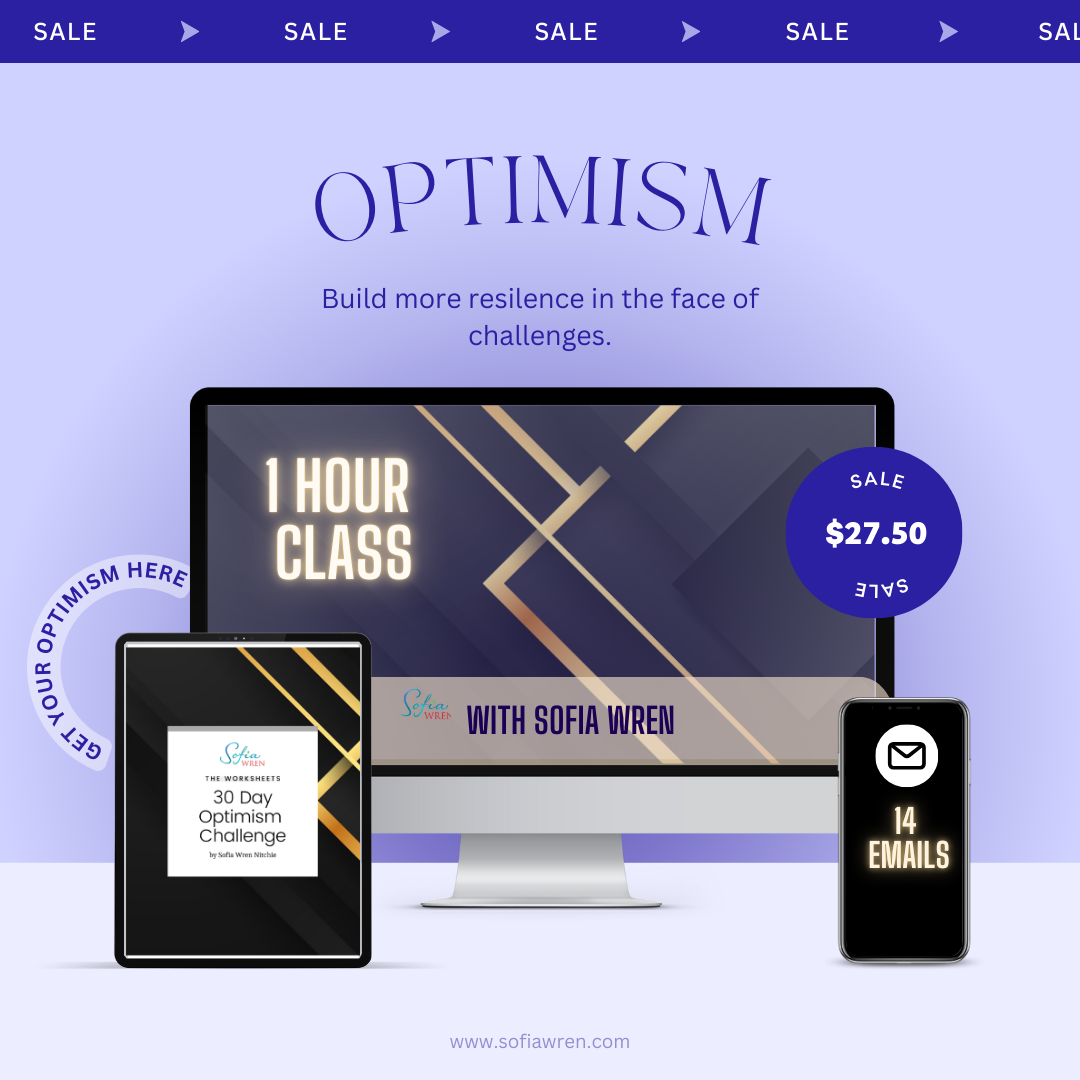

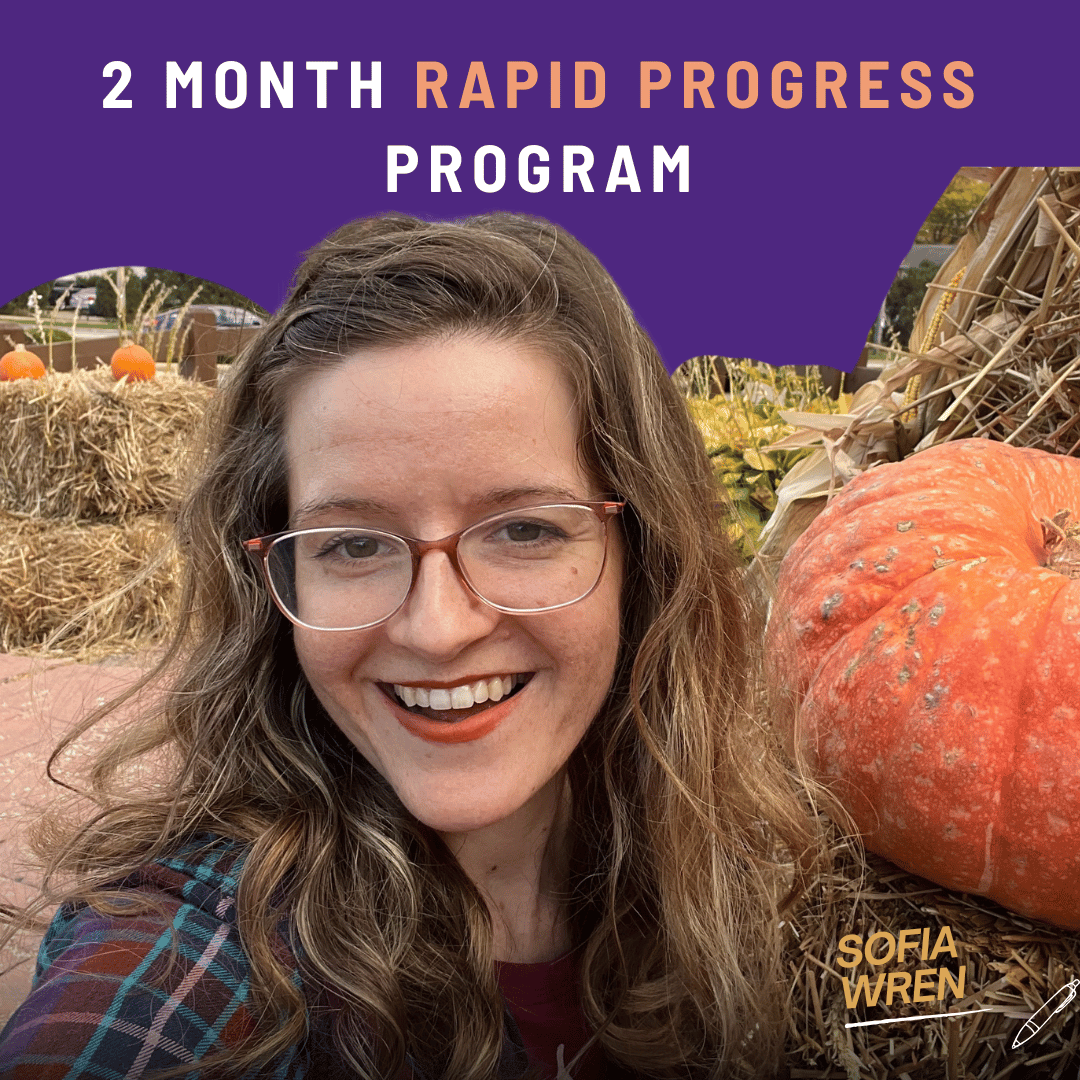


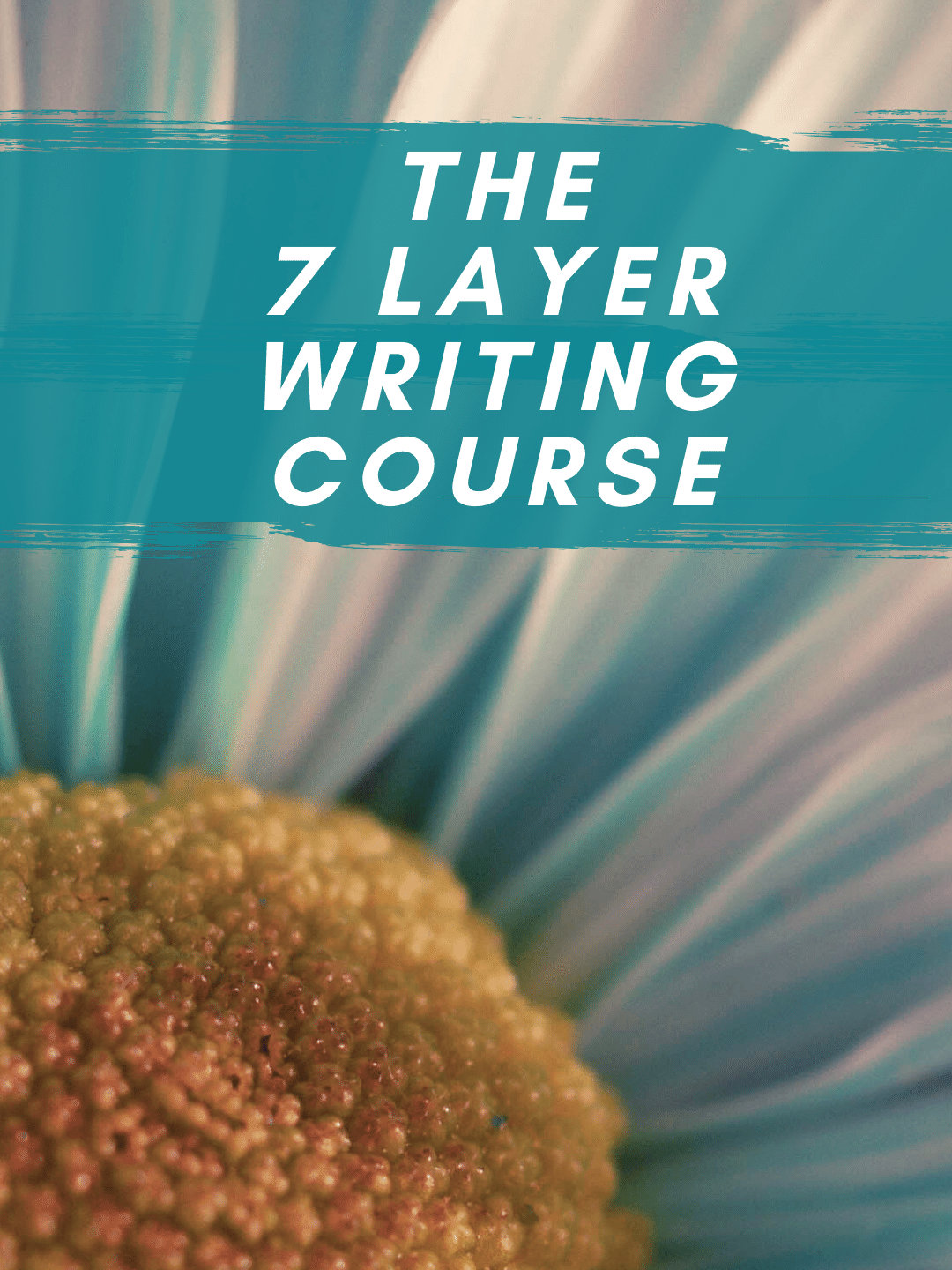


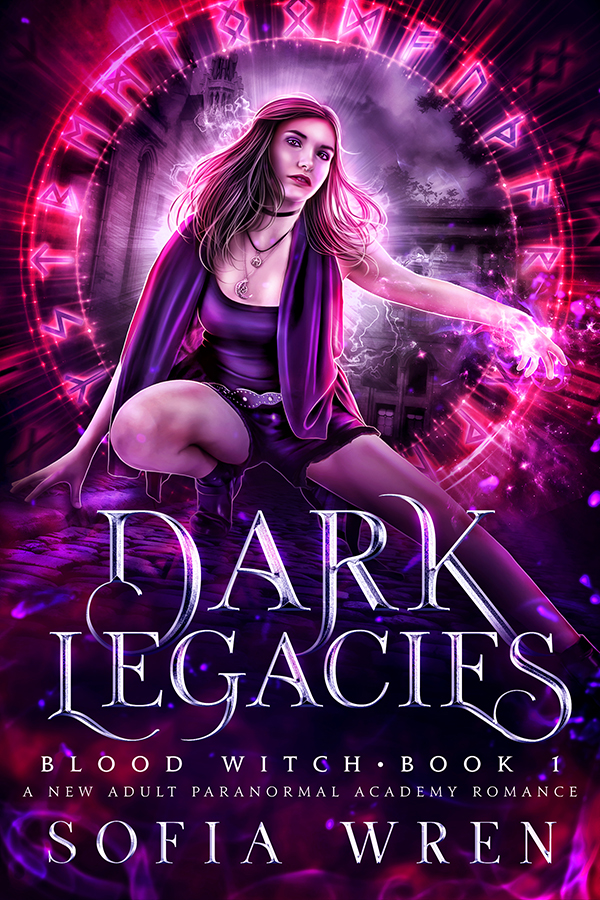
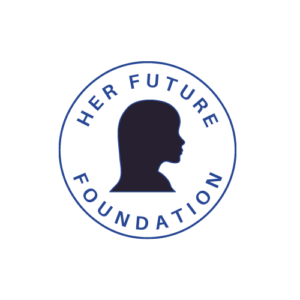


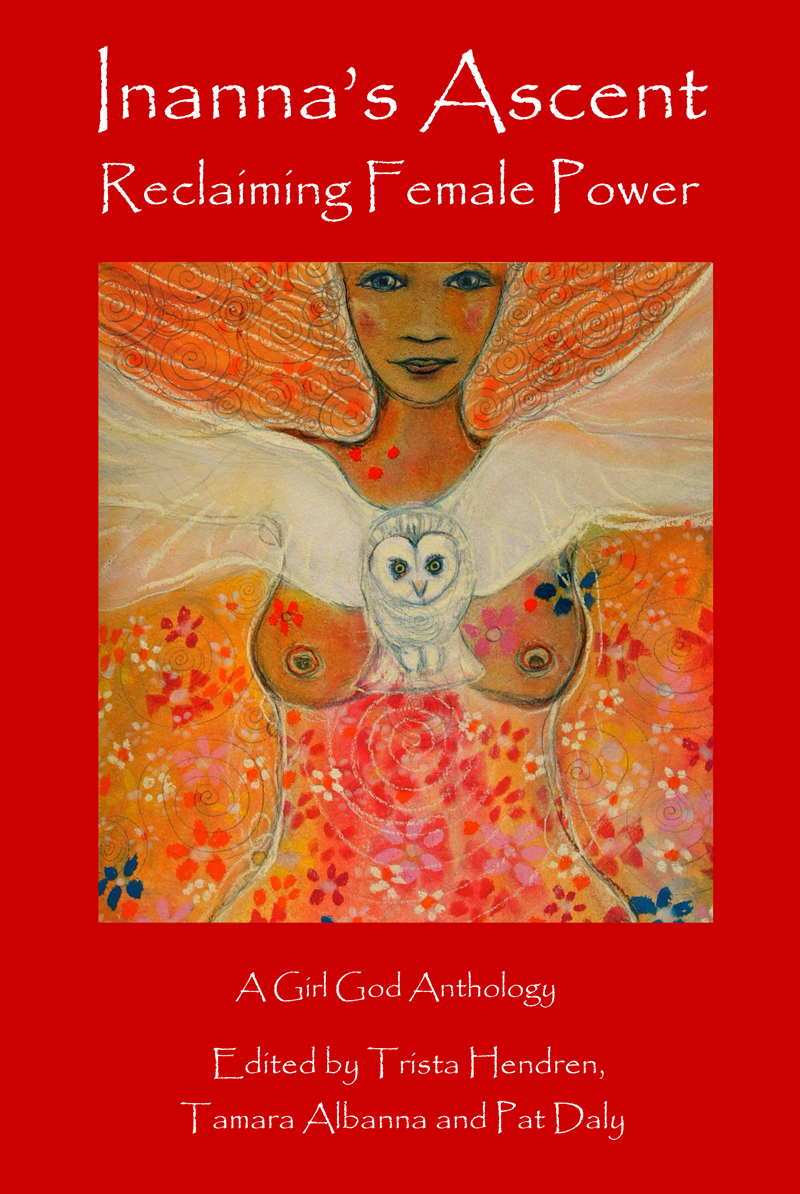
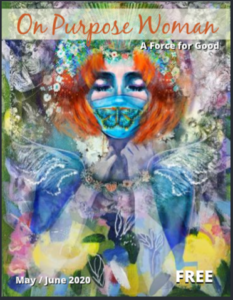

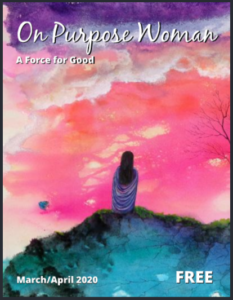

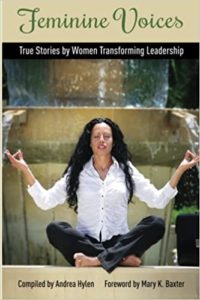
Comments on this entry are closed.
Your philosophy sounds very similar to my own. I believe in infusing hope (and humor) throughout my work. Sometimes, I tell people, I write what I need to hear!
Love this post, Clare! xox
Thanks, Wren! Clare awesome insight–you’re wise, my friend. Thank you for this post!
Rachelle you are so welcome! Hope is a beautiful thing to hold onto no matter what challenges lay ahead. We can always improve our attitude. Thanks for having a great one! Wren